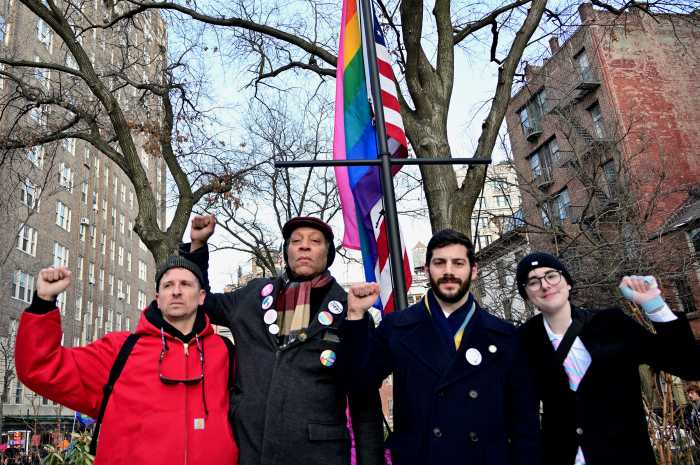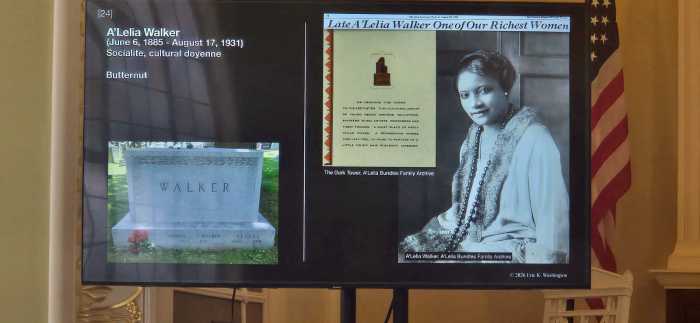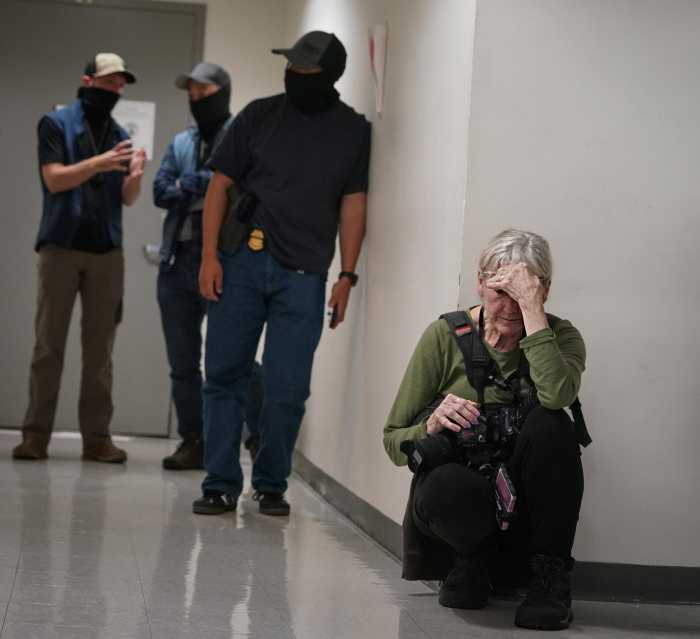Gay man fails to win state assistance in settling dispute with his ex-lover
In a case that shows the difficulty same-sex couples who can’t marry have in getting courts to help them divide their assets, the Court of Appeals of Kentucky has upheld a lower court’s finding that it lacked jurisdiction over claims filed by Kevin J. Strong concerning property jointly acquired with his former partner, Robert S. Strong.
According to the March 11 opinion by Judge Jeff Taylor, Kevin and Robert were domestic partners for about five years while living together in Indiana. During that time, they purchased property together, maintained a joint bank account and made joint investments, which included acquiring a joint burial plot in a cemetery in Louisville, Kentucky. Their relationship ended in February, 2000, and Kevin moved to Kentucky.
Kevin and Robert could not agree about how to divide up their property. In 2003, Kevin filed a lawsuit in the Jefferson County, Kentucky, Circuit Court, asking the court to use its equitable powers to divide up the property. In addition to being a resident of Jefferson County, Kevin pointed out that the burial plot the men owned jointly was also in Jefferson County. Kevin’s lawsuit also claimed that Robert “engaged in tortious conduct in Kentucky that constituted an invasion of his privacy.” Taylor’s opinion does not specify what that alleged conduct was.
Kevin argued that the court had jurisdiction to deal with all the joint property from his former partnership with Robert, even though most of the property was located in Indiana, because of Kevin’s residence in Kentucky and the location of the burial plot there. A Kentucky statute provides that the state court can exercise jurisdiction over a non-resident of the state who transacts business in Kentucky or causes a tortious injury in Kentucky, and Kevin pointed to an earlier case involving an unmarried opposite-sex couple where a Kentucky court had used its equitable powers to divide up their joint property.
Robert filed a motion to dismiss the case, arguing that he was a resident of Indiana, not subject to the jurisdiction of the Kentucky court.
Circuit Judge Kenneth Conliffe decided that his jurisdiction to deal with Kevin’s case was limited to the jointly-owned burial plot in Kentucky and the tortuous interference claim, since those would clearly be covered by the statute, but that there was no basis for him to exercise jurisdiction over the jointly-owned property located in Indiana.
Kevin appealed that part of the ruling.
The appeals court found that Conliffe was correct on the jurisdictional point. What Kevin conveniently omitted from his argument was that the Kentucky statute also stated that when jurisdiction over a person was based on transactions or conduct that took place in Kentucky, “only a claim arising from acts enumerated in this section may be asserted against him.” Thus, jurisdiction based on the statute could not be extended to all the other alleged partnership property.
Furthermore, there was no formal partnership agreement between the two men in this case.
Kevin protested the failure of the court to recognize an “implied partnership” between himself and Robert, claiming that he was “being punished because he was engaged in a homosexual relationship with Robert” and that the circuit court failed to apply the precedent of the earlier opposite-sex partnership decision, “on the premise that it only applied to unmarried heterosexual couples.”
The court of appeals, however, found that the prior case was distinguishable on a basis crucial for purposes of jurisdiction—all of the property at issue in the earlier case was located in Kentucky.
“While the circuit court acknowledged in its order that Kevin and Robert were engaged in a homosexual relationship,” Taylor wrote, “the circuit court clearly distinguishes [the earlier case] on the basis of jurisdiction, not homosexuality.”
Taylor also noted that there was “no express or implied partnership as to the assets located in Indiana,” as the men had never formalized their joint ownership.
This is only the most recent of a long line of cases stretching back to the 1980s presenting similar problems. Same-sex couples who cannot marry are denied access to an existing legal framework for married couples to divide up assets when they divorce. Kevin could try to bring a lawsuit in Indiana, but there is no certainty that an Indiana court would be able to resolve all the property issues between Kevin and Robert, since the burial plot is located in Kentucky.
Legal planning could avoid this result, but few same-sex couples make formal written partnership contracts in anticipation of a break-up. This is one of the advantages of marriage—it supplies a contract in place of the one that most couples fail to negotiate for themselves.
gaycitynews.com


































